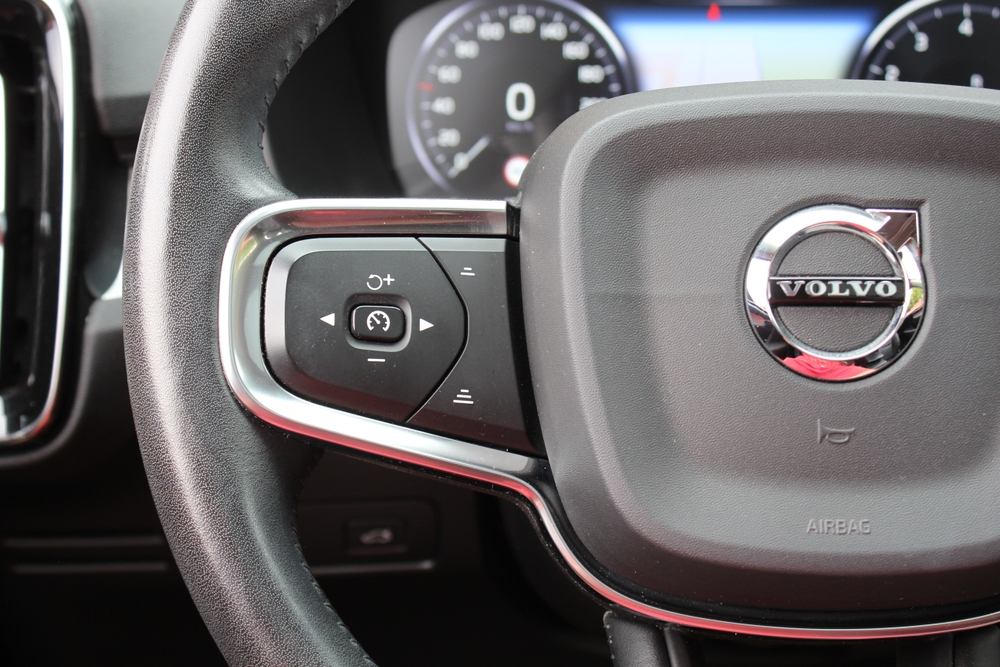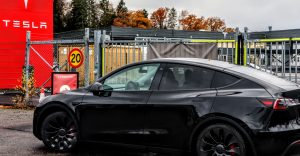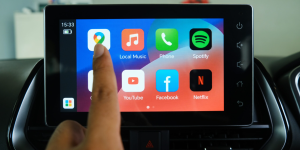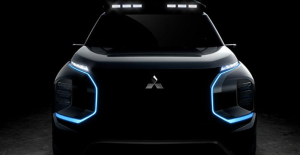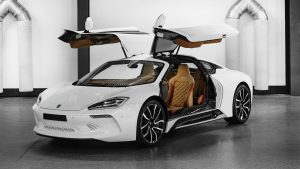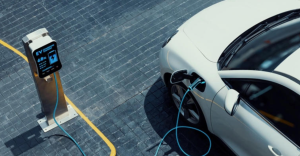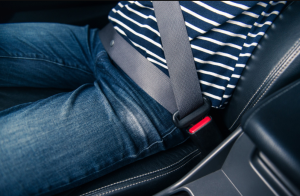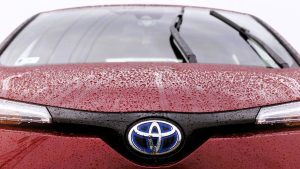Close contact with the advanced laser sensor has reportedly led to several cases of camera damage.
Others are reading now
Advanced technology in electric vehicles promises improved navigation and safety, but sometimes with unexpected consequences.
Volvo has confirmed that the Lidar system installed in its new EX90 flagship model can potentially damage smartphone cameras, including those on iPhones, when filmed up close.
According to Boosted.dk, Volvo’s Swedish press office acknowledged the issue after independent reports surfaced.
Journalist William Cha experienced the problem firsthand when his iPhone camera was damaged while capturing footage of the EX90’s Lidar sensor. Volvo has since agreed to cover the repair costs, as regular warranties do not account for laser-induced damage.
Also read
How Lidar Technology Affects Cameras
The EX90’s Lidar sensor, supplied by Luminar, operates on a 1550-nanometer wavelength.
While this wavelength is safe for human eyes, it can damage the CMOS image sensors in certain cameras when exposed directly.
The system’s high-intensity laser light allows the car to detect objects hundreds of meters away, a crucial feature for autonomous driving and collision avoidance.
Volvo has emphasized that users should avoid pointing cameras directly at an active Lidar sensor.
“Taking close-up shots of a Lidar can inherently risk damage to camera lenses,” the company noted.
Growing Concerns and Global Context
The incident has sparked concerns among consumers and tech enthusiasts.
Andras Horvath, a Hungarian YouTuber, reported similar damage to his iPhone camera after filming a Lidar-equipped vehicle, raising questions about potential risks to other cameras in traffic.
Several countries, including the U.S. and China, are developing Lidar technology for self-driving vehicles.
While Lidar systems offer significant safety benefits, the issue of camera damage may prompt further investigations into mitigation measures for both consumers and vehicle manufacturers.
For now, Volvo advises caution, recommending users avoid directing cameras at the EX90’s Lidar to prevent damage.
Despite these concerns, the automaker affirms that the sensor technology remains a critical component in the push for safer and more autonomous vehicles.

